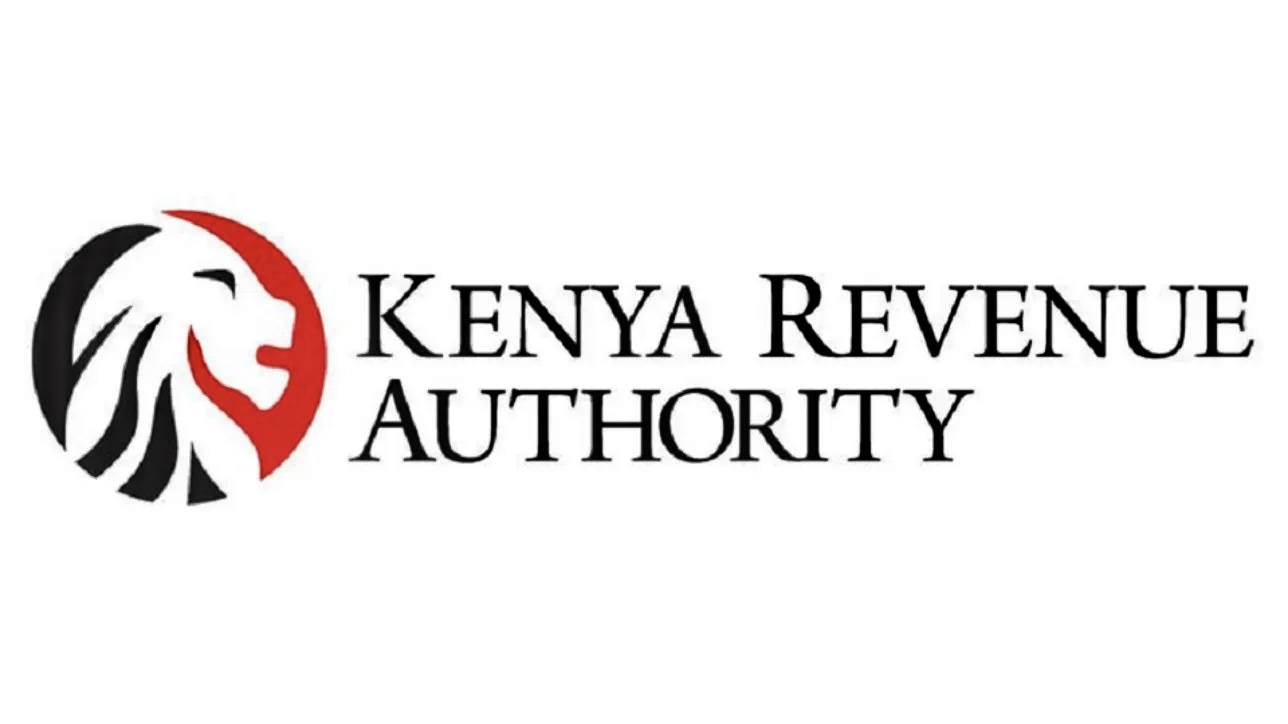
The Kenya Revenue Authority (KRA) has officially launched the Electronic Rental Income Tax System (eRITS), a new digital platform aimed at enhancing voluntary tax compliance among landlords and property managers across the country. This development marks a critical step in Kenya’s ongoing digital transformation agenda, particularly in modernizing tax administration within the real estate sector.
What is eRITS?
eRITS is a technology-driven compliance tool built on KRA’s Enterprise Integration Platform – Gava Connect. It is designed to integrate seamlessly with KRA’s digital infrastructure, enabling real-time tax computation, filing, and payment. The platform can be accessed in two ways:
- System-to-system integration via the Gava Connect API portal
- Service access via the eCitizen platform
This dual-access approach allows landlords, agents, and property management systems to automatically compute and remit taxes, thereby reducing paperwork, manual errors, and compliance friction.
Why This Matters: A Government Push for Digital Taxation
According to the Principal Secretary to the National Treasury, Dr. Chris Kiptoo, the eRITS system aligns with the government’s broader strategy to create a fair, efficient, and smart tax ecosystem.
“With eRITS, we are moving towards a smarter, more efficient tax system that benefits everyone,” said Dr. Kiptoo, emphasizing the government's commitment to voluntary compliance and equitable taxation.
His sentiments were echoed by Mr. Athman Said, Housing Secretary of the State Department for Housing and Urban Development, who noted that the real estate sector is now set to play a larger role in Kenya’s fiscal development.
How eRITS Benefits Landlords and Property Managers
KRA Commissioner General Humphrey Wattanga described eRITS as a voluntary compliance tool aimed at transforming tax remittance into a seamless, technology-enabled experience.
Key benefits include:
- Automation of tax processes for property owners and managers
- Direct integration with KRA systems for real-time updates
- Reduced administrative burden, saving time and resources
- Accessible platform via familiar services like eCitizen
Wattanga added that eRITS reflects KRA’s broader mission of service excellence, efficiency, and continuous improvement, saying:
“We are taking a bold step toward a future where tax compliance is not a burden but a shared responsibility for nation-building.”
Context: Monthly Rental Income Tax (MRI)
Kenya’s Monthly Rental Income (MRI) tax was introduced in 2016, targeting landlords earning between KES 288,000 and KES 15 million annually. As of January 1st, 2024, the MRI tax rate was reduced from 10% to 7.5%, in an effort to ease the tax burden and incentivize compliance.
In the 2023/2024 financial year, MRI tax revenues stood at KES 14.4 billion, a 5.2% increase compared to KES 13.6 billion the year before. In 2021/2022, the figure was KES 12.3 billion, demonstrating steady growth and increased compliance in the sector.
The Road Ahead
By integrating with Kenya’s growing digital public infrastructure and leveraging platforms like eCitizen, the eRITS initiative could significantly improve real estate tax compliance. If successfully adopted, the system may reduce underreporting in the sector and further boost national revenue without imposing harsh enforcement tactics.




